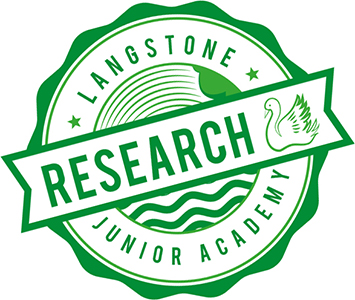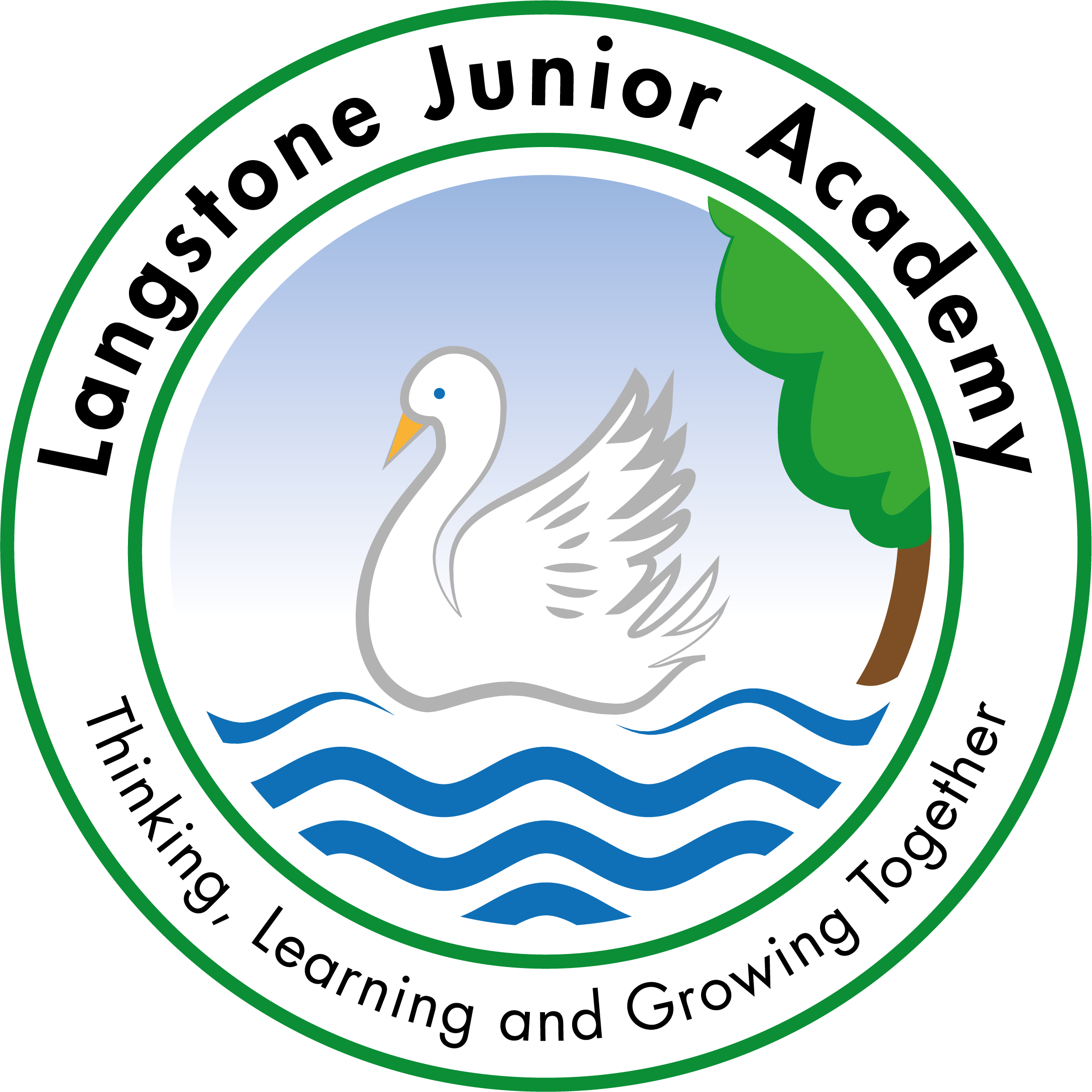Langstone Junior School – Professional Research Model
Intent: We believe that it enables and empowers our community to drive and improve pedagogy by finding out for themselves best possible practice suited to our school. Teachers and Teaching Assistants who practise action research (method of systematic enquiry, visualised as a cyclical process), will find that it expands and enriches their teaching skills and understanding putting them in collaborative contact with peers. This is to create a culture of experimentation and discussion/ debate that will seek to find excellence in learning – a common goal.
Implementation: The focus for research is explicitly linked to school improvement priorities, Research is not a top down model instead it comes from a collaboration of the community in the school’s self-evaluation and is then supported and guided by Lead Researchers (providing support for structure and the cyclical process).

- Hypothesis– Determine a programme of activity based on existing evidence
- Reflect 1– Examine the fit and feasibility of interventions to the school context
- Identify, inform, organise– Create a clear, logical, and well-specified Question for implementation
- Research– Engage through research texts, encountering research findings or theory that challenges existing thinking.
- Action planning– undertake formal or informal enquiry into own practice: they experiment with ideas from research and monitor the effect of these ideas on pupils.
- Observe by trialling, collecting, questioning– This research is reflective, systematic, conducted in the teacher’s own professional context, driven, at least partly, by the teacher or group himself/herself/themselves. Teachers carry out lesson study visiting one another, reflecting on effectiveness of approach before next session of delivery.
- Reflect 2– PDM opportunity to provide focus, to challenge and opportunities to experiment. This iscollaborative, may be qualitative or quantitative in nature, or both and aims to enhance the teacher’s understanding of some aspect of his/her approach.
- Revise actions –Adjust accordingly.
- Analyse, share and report– collate evidence, consider effectiveness and generate report.
- Present– present findings and impact to all staff
- Evaluate hypothesis and implement– through collaboration of the school community decisions are made regarding changes to pedagogy.
Impact: Research- For Teachers: develops teachers’ capacity for autonomous professional judgments, reduces teachers’ feelings of frustration and isolation, allows teachers to move out of a submissive position and be curriculum innovators, allows teachers to become more reflective, critical, and analytical about their teaching behaviours in the classroom, makes teachers less vulnerable to and less dependent on external answers to the challenges they face, fosters connections between teachers and researchers and boosts teachers’ sense of status (Based on – World of better learning – overcoming barriers to teacher research. Simon Borg)

Current Research
OUR FOCUS THIS YEAR
As one of our school priorities is to develop the curriculum to embed and enrich learning, we have explored our model of mastery to identify how we can ensure children can learn more, make links and through a rich understanding, remember more. Children love experiences and find inquiry exciting so now we wish to look at how we can make use of Philosophy for Children to explore concepts that enable understanding of their world and the knowledge they acquire.
So the question is how we achieve this.
WHAT ARE WE LOOKING FOR?
We would like teachers to research an approach to conceptual development and links in the curriculum. Emphasis to be placed on the role of knowledge vs skills in order to help our pupils to develop a deeper understanding and transferring this to areas of their learning.
To see our research please click here


